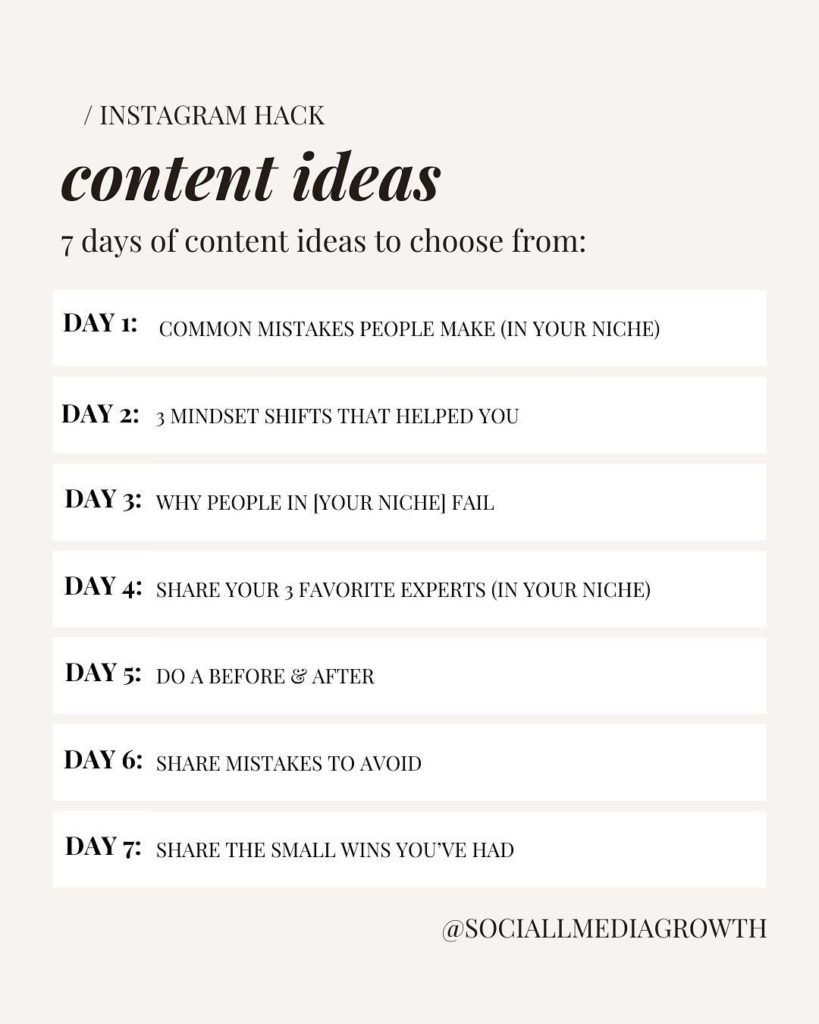
🎯 Positioning Insight:
Brands that partner with UGC creators who can write as well as they can shoot gain a double win:
- Content that connects emotionally, and
- Scripts that sell intentionally.
This writing-first approach creates a clear brand edge—especially when creators back it up with a portfolio that reads like a strategy deck, not just a visual feed.
🧠 Skills That Shape a Strong Writing Style in UGC:
1. Hook Writing Mastery
They know how to write scroll-stopping openers that tap into emotion, urgency, or identity.
📝 Examples:
- “If your Desi mom has ever called you 5 times during your skincare routine…”
- “POV: You’re the only one in your brown friend group not married by 25.”
2. Pain Point Storytelling
Great UGC writers don’t just highlight features — they narrate problems and breakthroughs.
📝 Example:
“I used to hide my hyperpigmentation under layers of makeup. This serum changed that in 2 weeks — and my confidence with it.”
3. Audience Language Mirroring
They write the way their audience thinks — casual, emotional, bilingual, or culturally nuanced.
📝 Example:
“My nani would call this a totka, but I call it my holy grail hair mask.”
4. Voice Consistency Across Brands
They can shift tone — playful, clinical, soothing, or Gen Z — to match the brand’s unique voice, without losing their own.
📝 Example:
A wellness brand? Calm, intentional.
A beauty brand? Conversational, confident.
A tech app? Friendly but direct.
📁 How They Build a Portfolio That Positions, Not Just Performs
- Portfolio Includes Strategy Slides:
Hook types, tone of voice, and intent (awareness vs conversion). - Before/After Copy Samples:
How they improved brand messaging or repositioned a product with stronger writing. - Script Libraries by Niche:
A Notion/Canva doc with niche-specific hooks, testimonials, and CTA styles (e.g. mental health, skincare, tech). - Caption & CTA Writing:
They show examples of not just video — but the captions that complement it. Long-form, punchy, or question-driven. - Breakdowns of What Performed & Why:
If they’ve had viral or high-performing content, they explain why — using writing structure and emotional psychology.
🚀 Brand Edge Summary
| Feature | Writing-Led UGC Creator | Average Creator |
|---|---|---|
| Hook Strength | Emotionally resonant, scroll-stopping | Generic or trend-based |
| Storytelling | Personal, culturally relevant, clear pain-solution arc | Feature-first |
| Voice Versatility | Adapts to brand tone while keeping authenticity | Often lacks cohesion |
| Portfolio Depth | Includes writing samples, copy breakdowns | Mostly visual |
| Brand Safety | More intentional, less risky language | Unpredictable messaging |
🧠 Why It Matters for Brands
When a creator understands writing structure, brand tone, and storytelling psychology, you’re no longer just buying a 15-second video.
You’re buying:
- A copywriter
- A strategist
- A community translator
- A culture-connector
- And a performer — all in one.
That’s the Boss Beti edge.
UGC creators who bring strong copywriting and storytelling skills to their content give brands a clear competitive edge. Their ability to craft emotional hooks, narrate relatable pain points, and mirror audience language results in content that doesn’t just connect — it converts. These creators understand how to write for different tones, adjust messaging for specific product types, and deliver CTA-rich, emotionally intelligent narratives that feel human, not salesy. What sets them apart is not just how their videos look, but how their words feel. Their portfolios reflect this too — offering script libraries, tone-of-voice breakdowns, and strategic storytelling frameworks. Brands that partner with writing-led UGC creators don’t just get content — they get a brand-safe, conversion-ready content partner who understands audience behavior, brand goals, and platform psychology.
No Responses